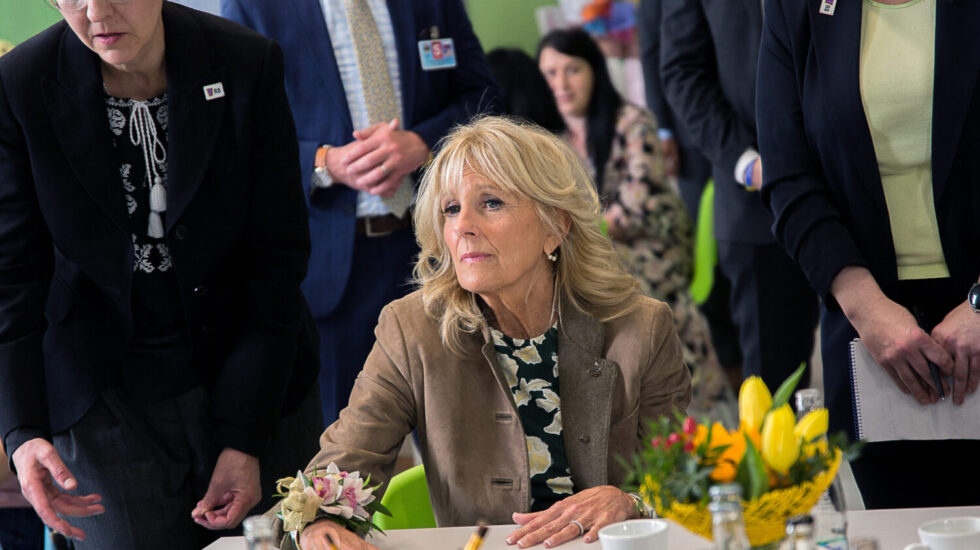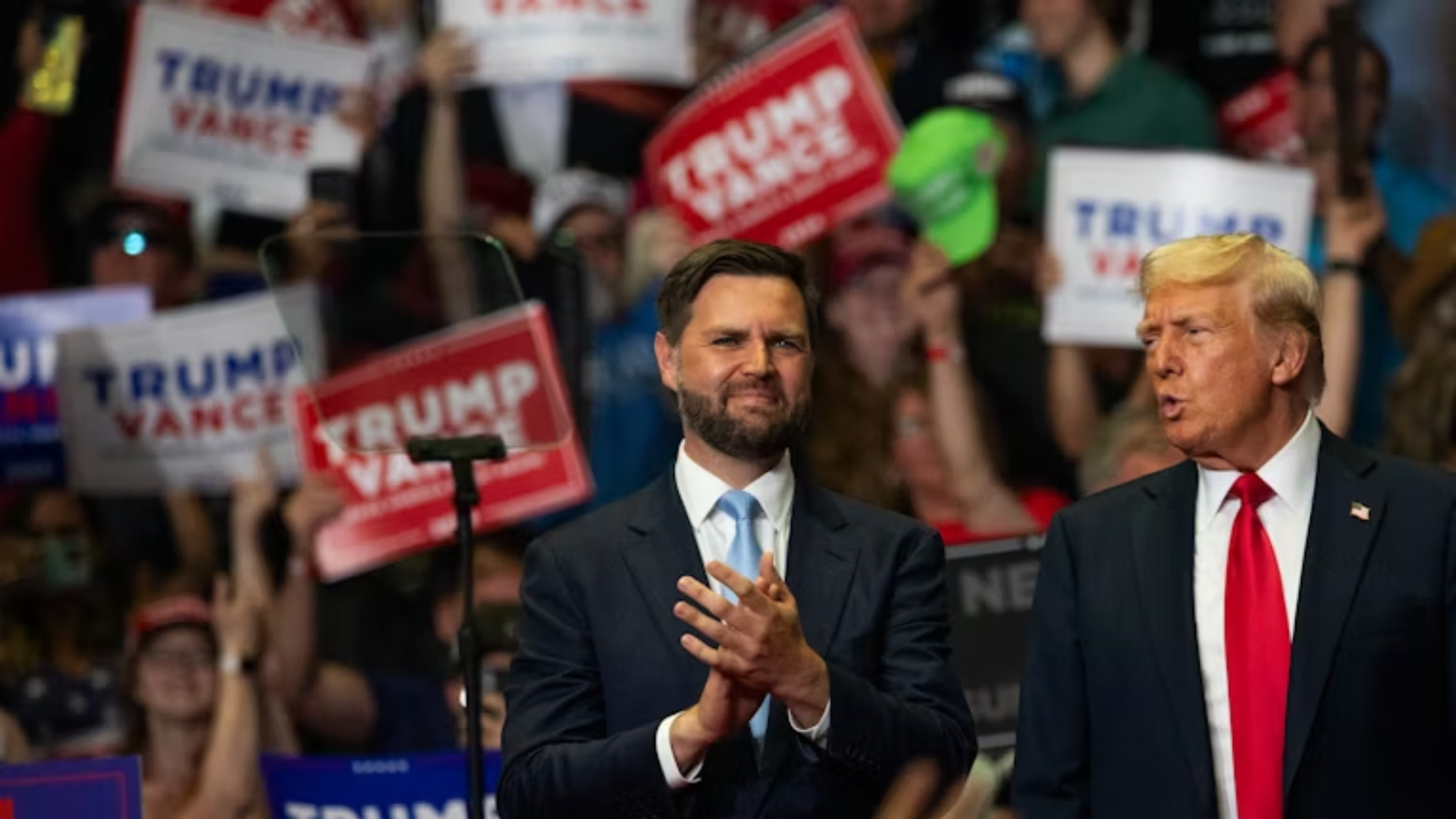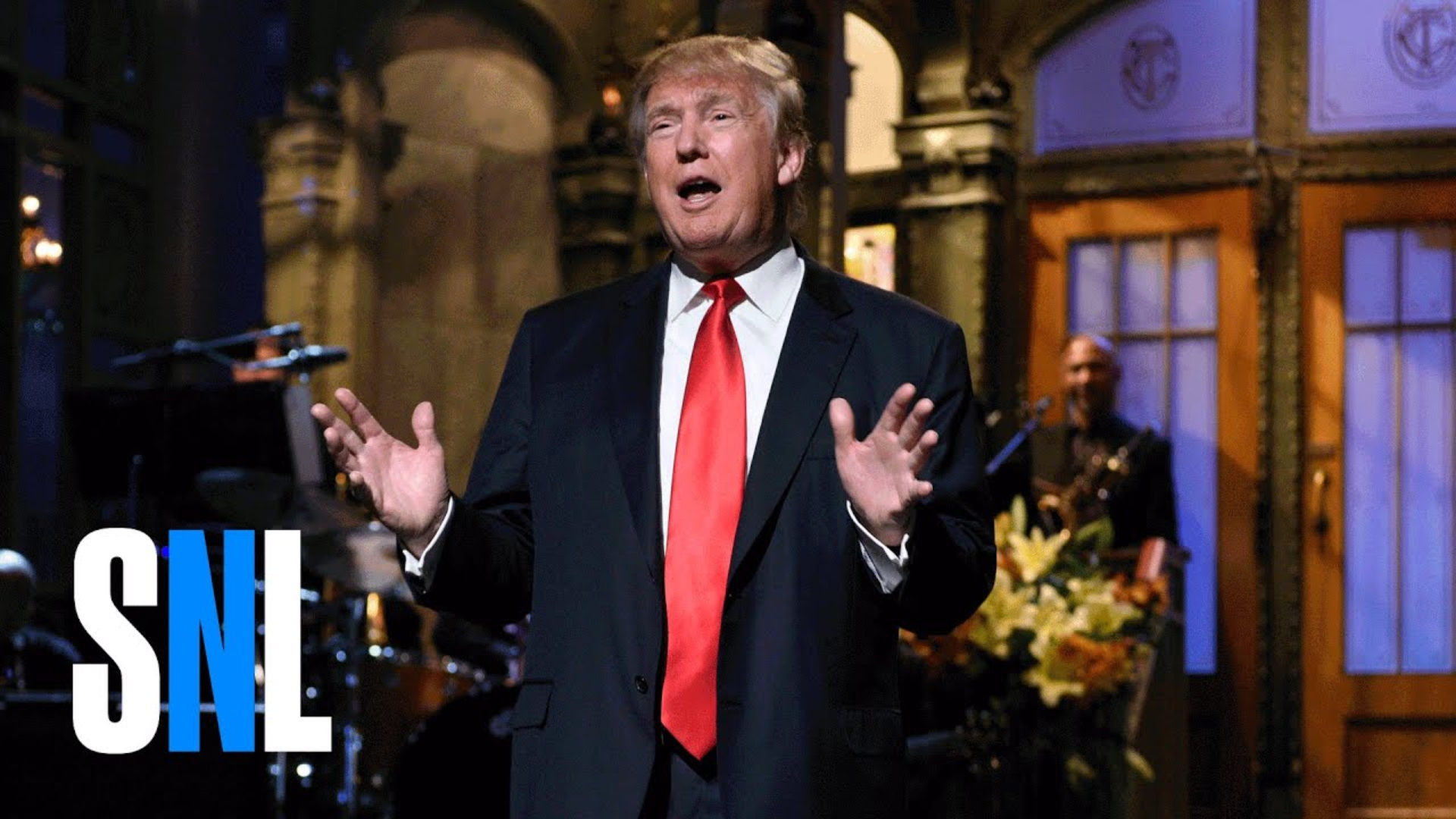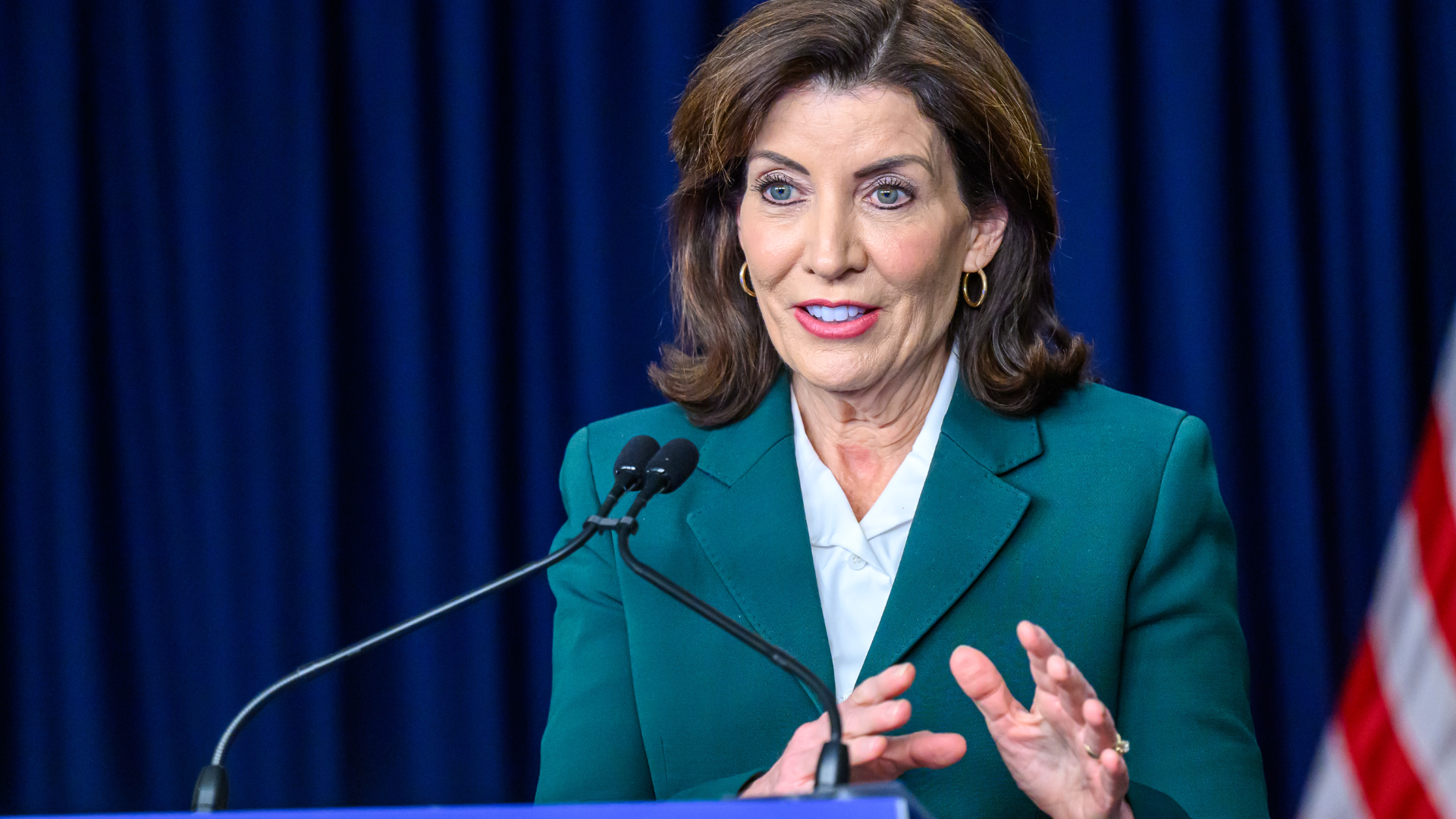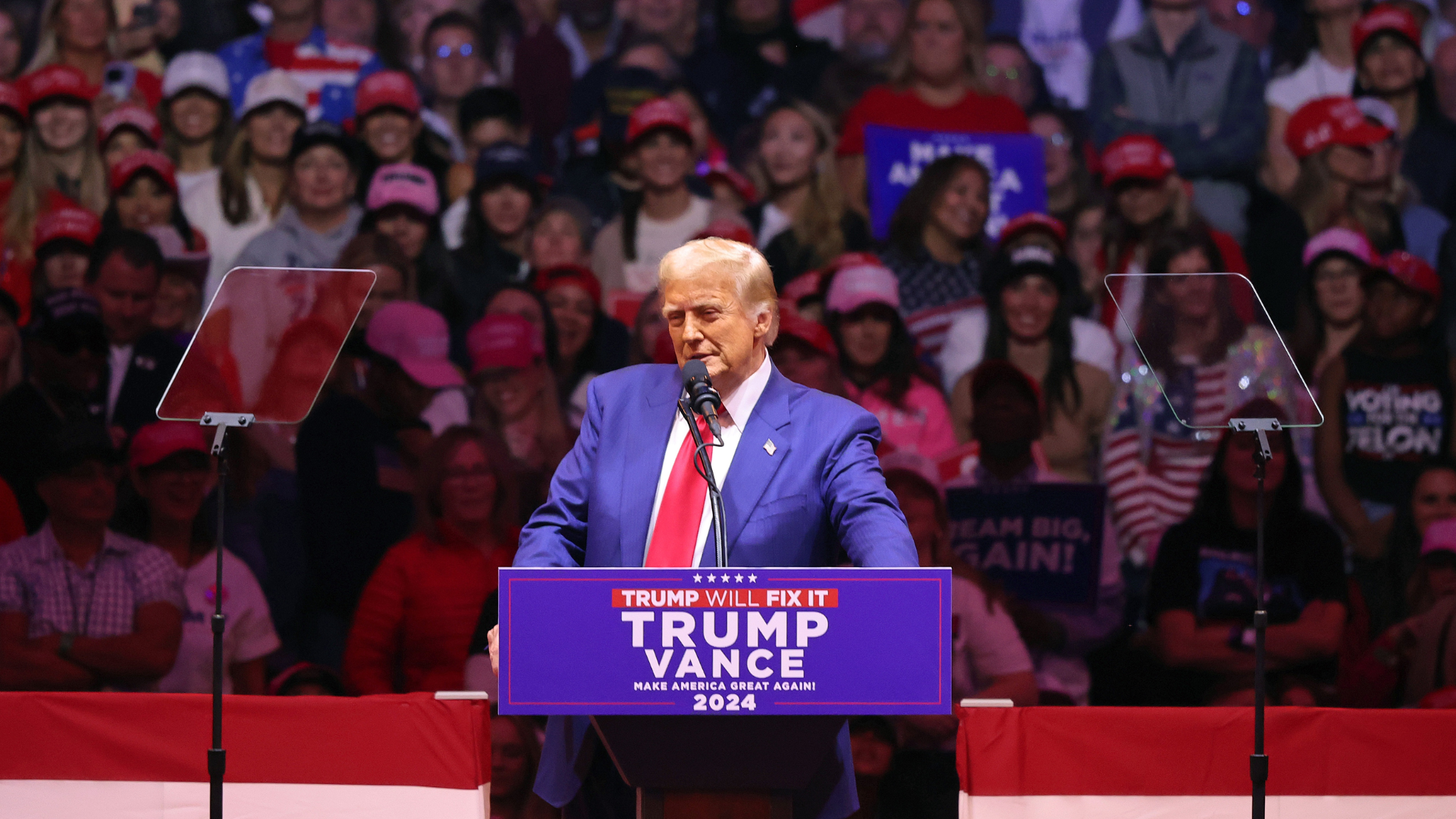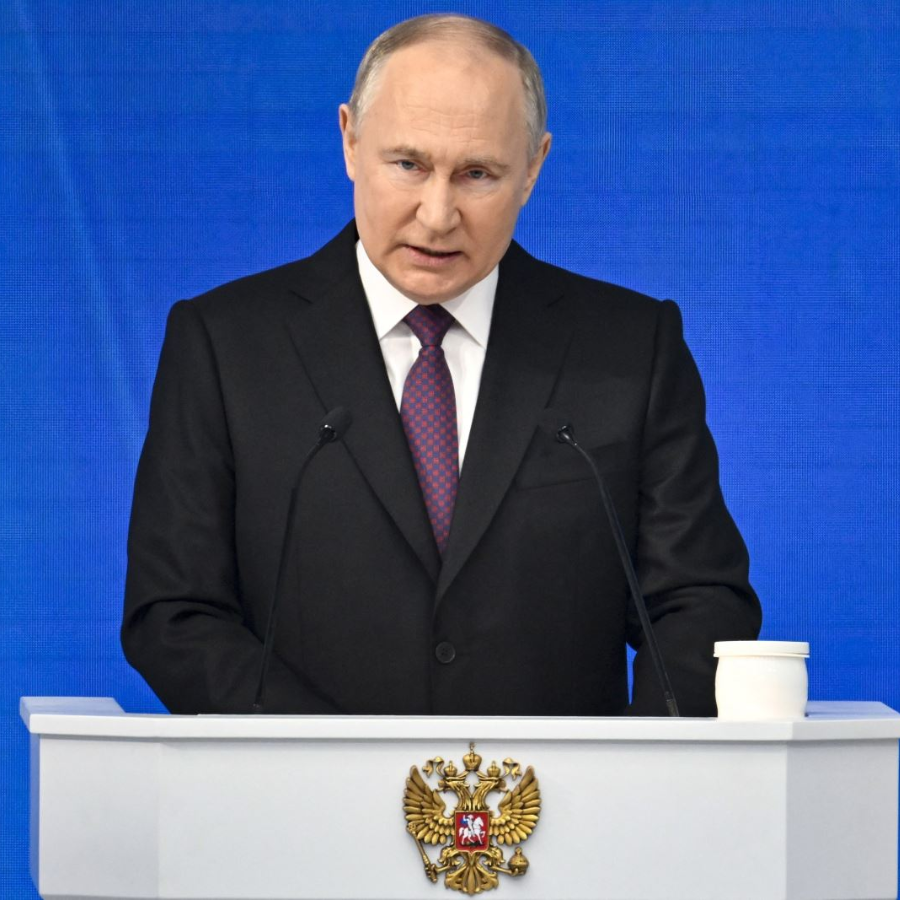
At the 16th annual BRICS summit, Russian President Vladimir Putin called for a new international payment system that would bypass the US dollar. This proposal, aimed at reducing the influence of the dollar in global trade, has caused concern among some BRICS members, particularly Brazil and India, who fear it could shift the bloc into an anti-Western alliance dominated by China and Russia.
Push for De-Dollarization
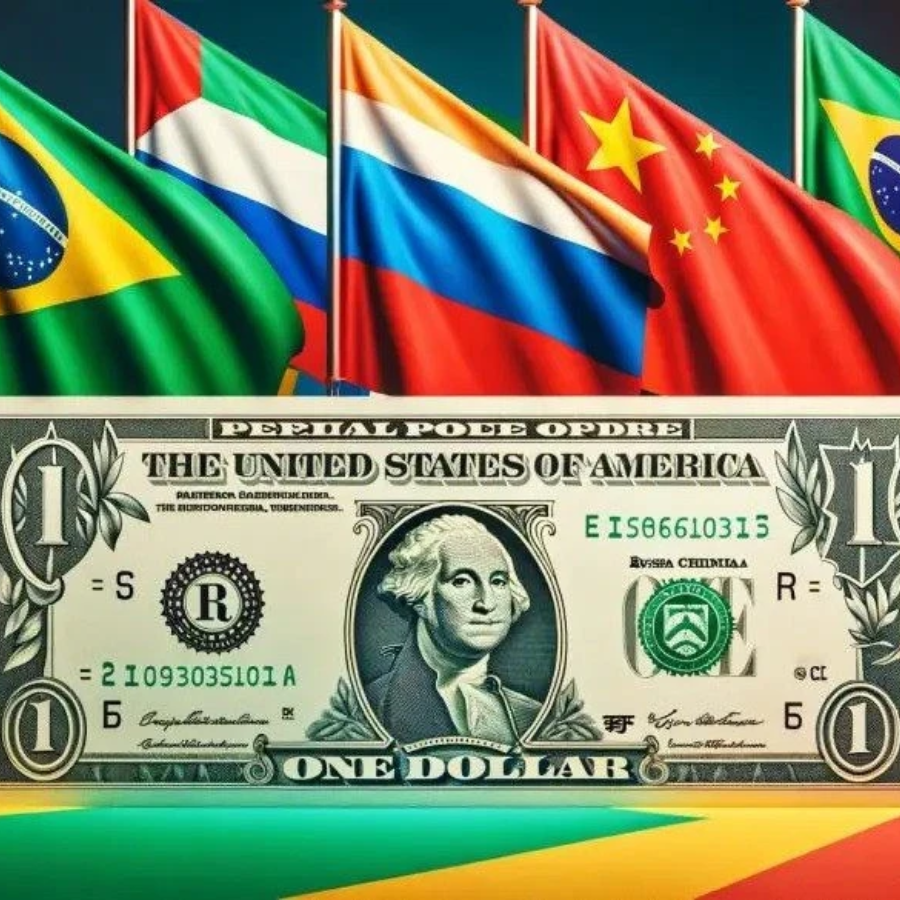
Putin’s main message at the summit, held in Kazan, Russia, was clear: the US dollar is being weaponized, and alternative systems are needed. “The dollar is being used as a weapon. I think this is a big mistake by those who do this,” Putin said.
He highlighted the fact that 95% of trade between Russia and China is now conducted in rubles and yuan, an effort to reduce reliance on the US dollar. Russia is also working on a settlement system that would bypass SWIFT, a Belgium-based payment network. Despite Putin’s push, the summit’s final communiqué suggested limited progress had been made on this front.
However, Putin’s proposal is not without its critics. Both Brazil and India have expressed concerns about BRICS becoming overly aligned with China’s anti-Western stance.
These nations fear that a de-dollarization effort could push the bloc too far from its original goals of fostering cooperation without alienating Western countries.
International Tensions and Criticism

The summit came at a time when Russia is facing global condemnation for its invasion of Ukraine. Former US Marine General John Kelly, Trump’s former chief of staff, recently revealed that Trump repeatedly praised Hitler’s leadership, further adding to the controversies surrounding the summit.
Vice President Kamala Harris responded by accusing Trump of seeking unchecked power, drawing parallels between his leadership style and authoritarian regimes.
The United Nations Secretary-General António Guterres attended the summit but faced criticism for meeting with Putin, despite an international criminal court warrant for Putin’s arrest due to war crimes in Ukraine.
Ukraine voiced its displeasure, emphasizing that Guterres had declined to attend a peace conference in Kyiv. Nonetheless, Guterres reaffirmed his opposition to Russia’s invasion of Ukraine and maintained his stance during both public and private discussions.
The Future of BRICS and Expanding Membership
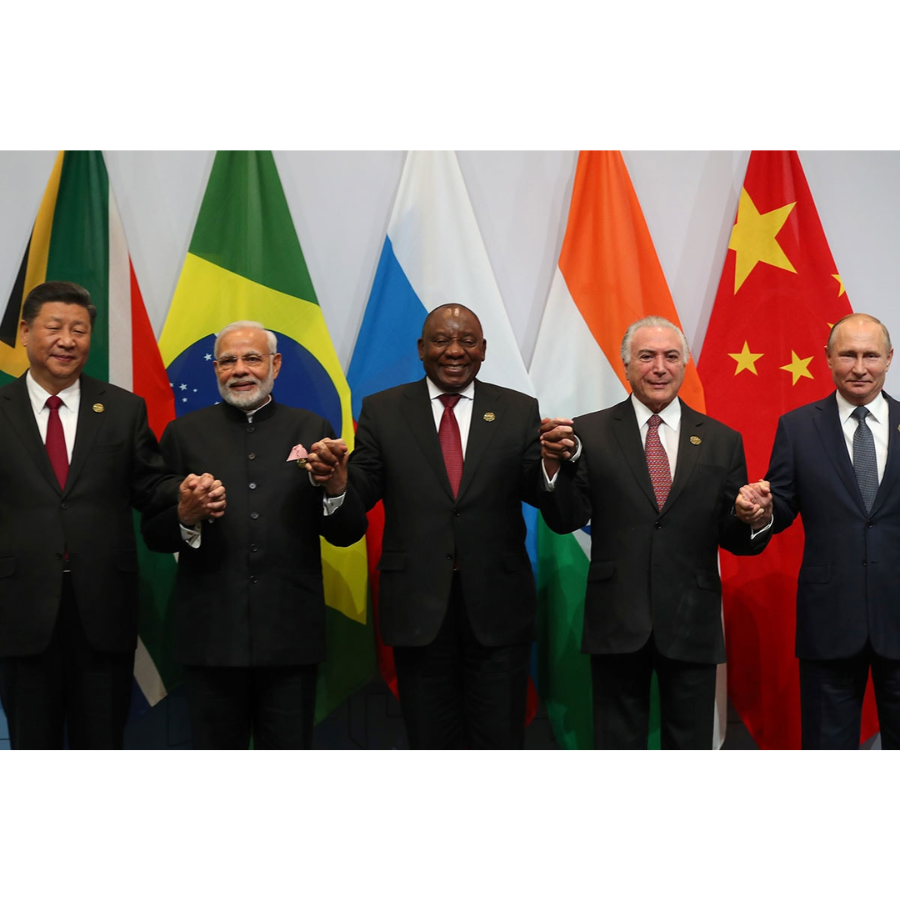
The future of BRICS itself became a hot topic during the summit. The bloc, originally formed by Brazil, Russia, India, China, and South Africa, has expanded to include new members like Cuba, Vietnam, and Turkey, with the latter raising eyebrows due to its NATO membership. Brazil and India have been working to ensure that BRICS does not become a purely anti-Western alliance, advocating for a more balanced approach to global cooperation.
Brazilian President Luiz Inácio Lula da Silva emphasized the importance of focusing on the needs of the most vulnerable, rather than dividing the world into friends and enemies. He stressed that countries in the Global South want food security, jobs, and access to public services like healthcare and education.
While the call for de-dollarization is likely to remain a key issue for Russia and China within BRICS, experts like Agathe Demarais from the European Council of Foreign Relations remain skeptical of its global feasibility. She pointed out that the dominance of the US dollar in international trade and foreign exchange reserves is deeply entrenched, with over 80% of global trade transactions conducted in dollars.
In conclusion, the BRICS summit highlighted ongoing efforts by Russia to challenge US dominance in global finance. However, internal divisions within the bloc and the sheer dominance of the US dollar in world markets suggest that de-dollarization remains a long-term challenge.
With increasing pressure on Putin due to the Ukraine war and international scrutiny, the future direction of BRICS will likely be shaped by how its members navigate the delicate balance between cooperation and geopolitical alignment.
